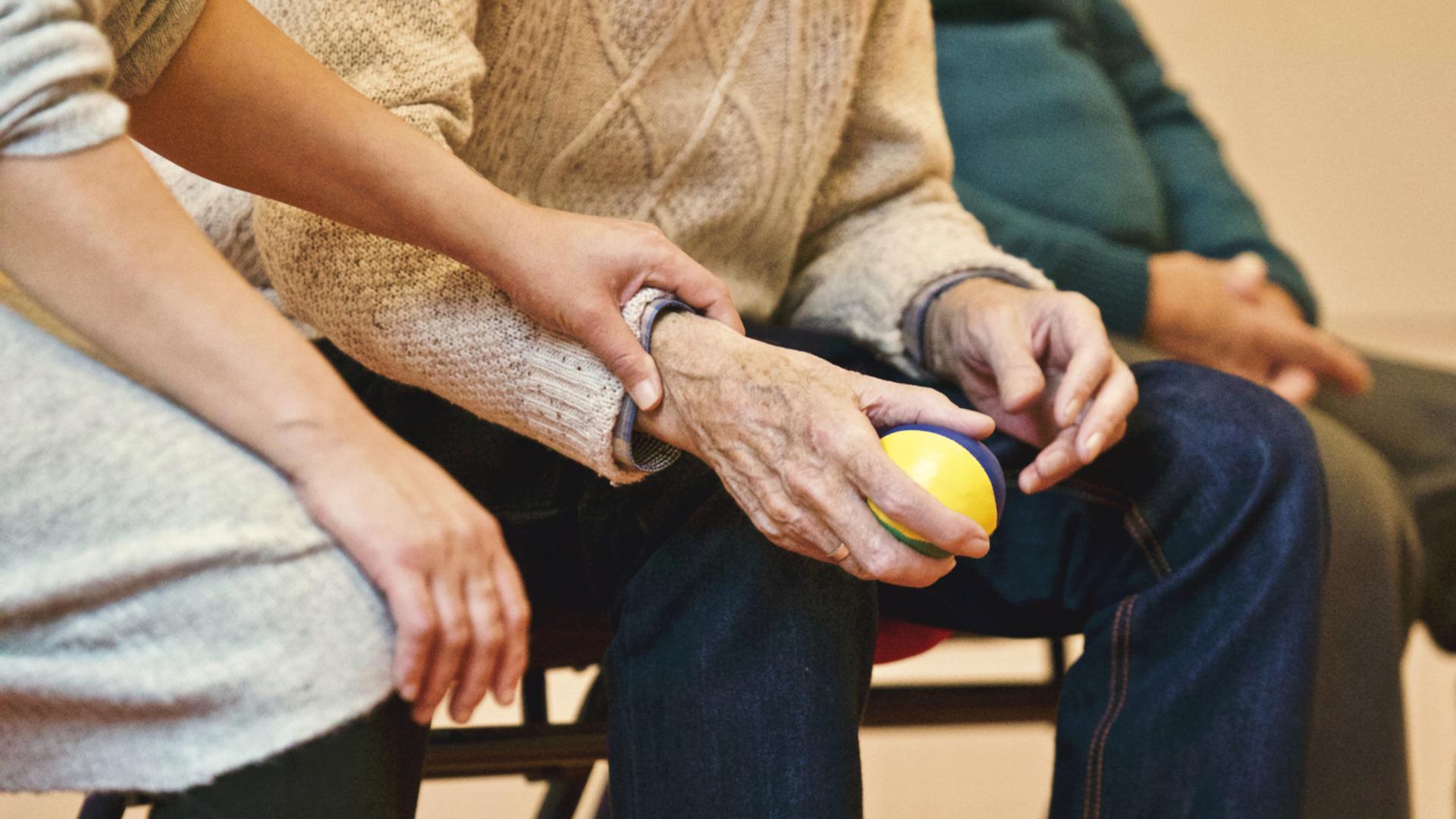Caring for an older family member with dementia poses unique challenges both for the elderly individual and the caregiver. The affected person’s memory and communication skills will deteriorate as the condition worsens over time. Although there will be moments when you feel frustrated, it is possible to maintain a positive relationship with your loved one. Consider these helpful tips to improve your caregiving skills and reduce your stress levels as you care for a family member with dementia.
Create A Safe Environment
Dementia increases the risk of injury for the affected person as it impairs judgment and problem solving skills. To provide a safe environment:
- Take safety measures: Remove scattered rugs, extension wires or any clutter that could cause falls. Install bars and handrails in bathrooms.
- Install locks: Cabinets or drawers stored with potentially harmful items, toxic substances, arms, ammunition, alcohol or medicines should be kept under lock and key at all times.
- Keep inflammable objects hidden: Matches and lighters should be kept out of reach, even if the patient is a smoker. Always supervise smoking and have a fire extinguisher ready.
Try In-Home Services
If you lack the physical strength or experience needed to care for your loved one, talk to your doctor. Your doctor may encourage you to find home care services that have experience in caring for people with dementia. In-home healthcare services are very beneficial as your loved one can receive the care he needs in the comfort of his home. Studies show that people with dementia may be less cooperative if they are receiving care in an unfamiliar setting such as a hospital.
Reduce Distractions
Avoid using your cellphone or keeping the TV on when you are having a conversation with a person with dementia. If you minimize distractions, your family member will be able to focus better.
Promote Good Physical Health
Good nutrition, exercise and adequate rest is important for anyone with dementia. Ensure that your family member has regular medical check-ups with a physician who has experience in treating dementia and related conditions. Administer your loved one’s medication as prescribed. If you believe a change in medication or dosage is needed, please consult your doctor first.
Involve Your Family Member In Activities
Although your family member has dementia, it is important to allow him to do as much as he can with as little assistance as possible. For example, he may be able to choose the clothes he wants to put on or set the dining table before dinner. Use visual clues to help him remember how to do everyday tasks. This approach will help to delay additional memory loss and make your loved feel more independent.
Engage Your Family Member In Conversation Frequently
As dementia gradually decreases a person’s ability to communicate, it is important to keep the person with dementia engaged in conversation as much as possible. This should be done with care and patience even when your loved one’s communication skills have become more limited.
Make Use Of Available Resources
There are a wealth of online and community resources available that provide practical support, advice and training for families and caregivers of people with dementia. It may also be beneficial to find local support groups where you can get advice and encouragement as you care for your loved one.


